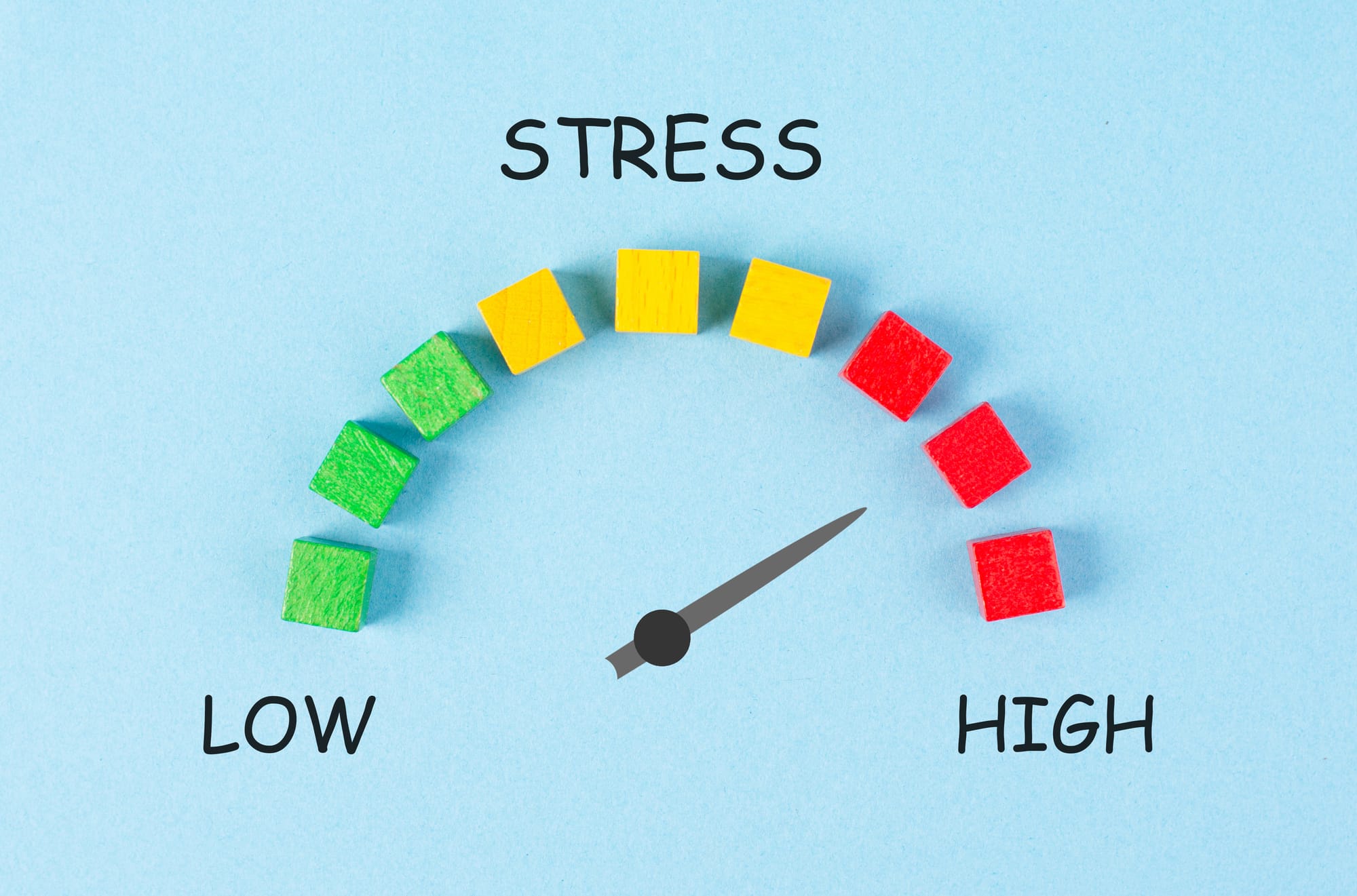
When you experience stress, your body will respond by increasing cortisol levels. In this way it prepares itself for 'fight or flight'. The cortisol hormone is a stress hormone that is released by the adrenal glands when threatened. Once the threat is no longer there, your cortisol will decrease again. But if there is continuous stress, your cortisol level also remains high. A side effect of cortisol is that it stimulates your appetite. Many people respond to chronic stress by reaching for 'comfort food': sweet and fatty foods.
When someone with high cortisol levels takes in too many calories, those calories will be deposited around your waist. So you will get more belly fat. Our metabolism will also work slower under stress and insulin levels will also increase. People who are under prolonged stress will therefore burn fewer calories.
Stress can also cause you to gain weight in other ways. When you are stressed, it requires a lot of energy from your body. So you get tired more easily, and those who are tired also have less motivation to eat healthily and exercise. In addition, if stress keeps you awake at night, not only will your cortisol hormone rise, but also ghrelin, the hunger hormone. This again results in a greater urge to eat.


